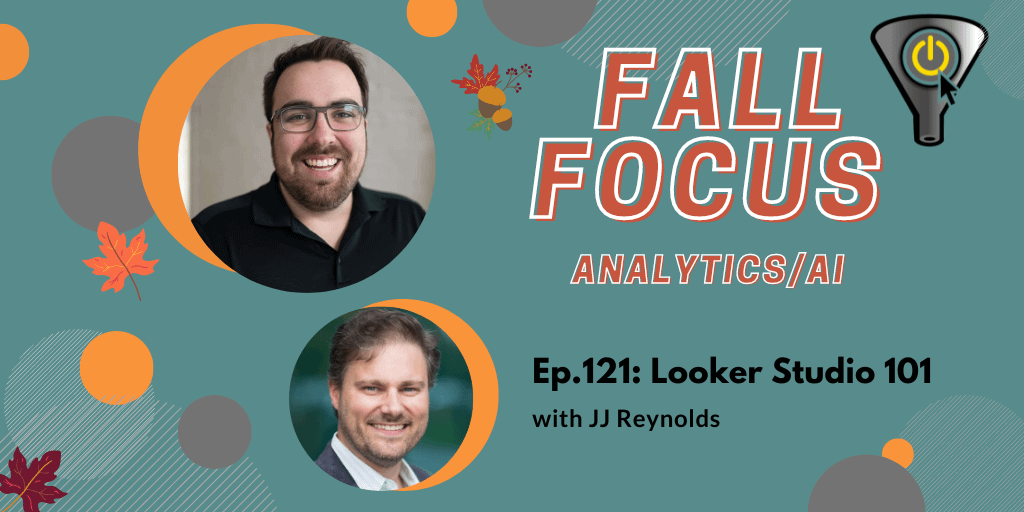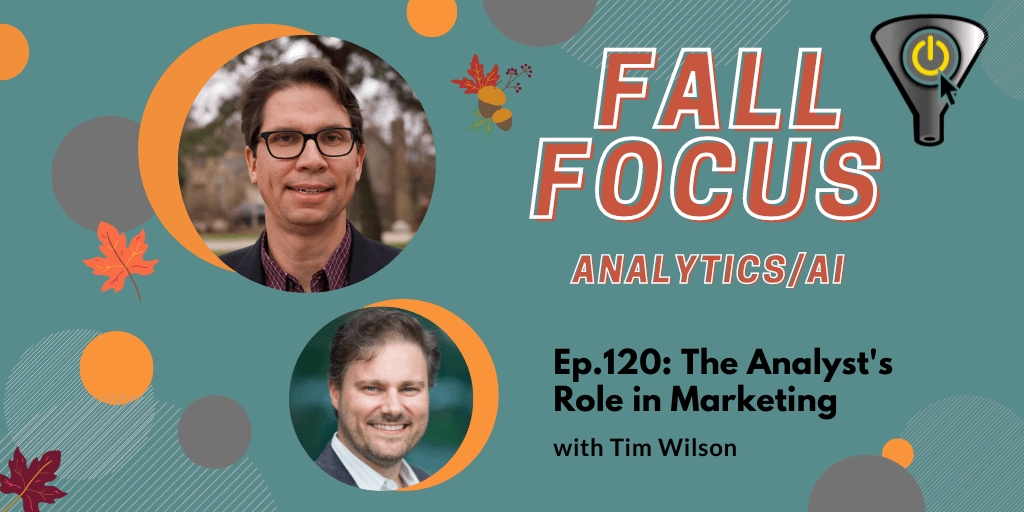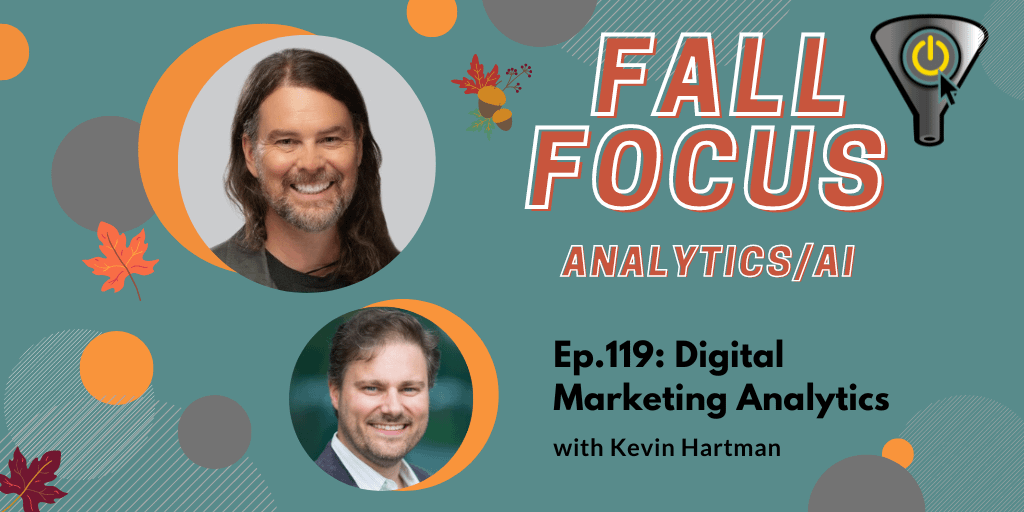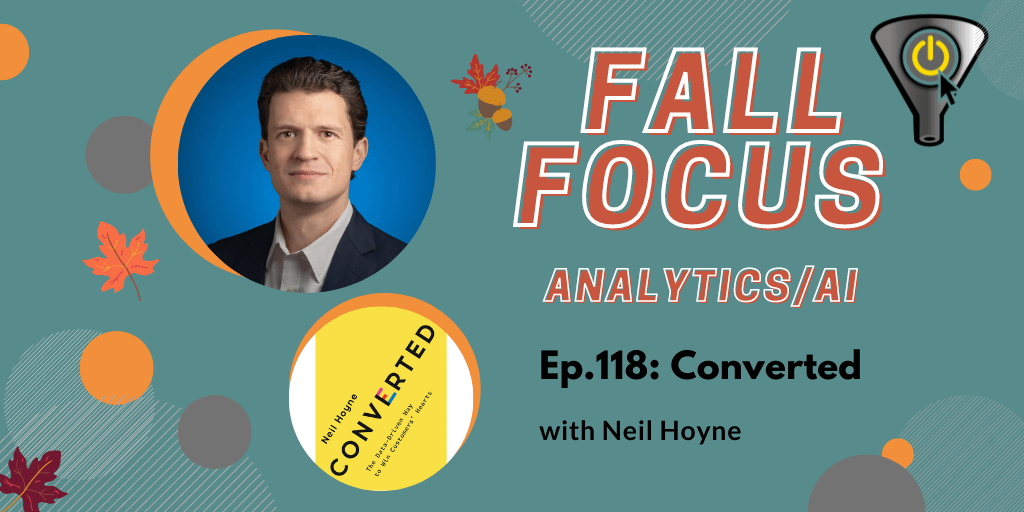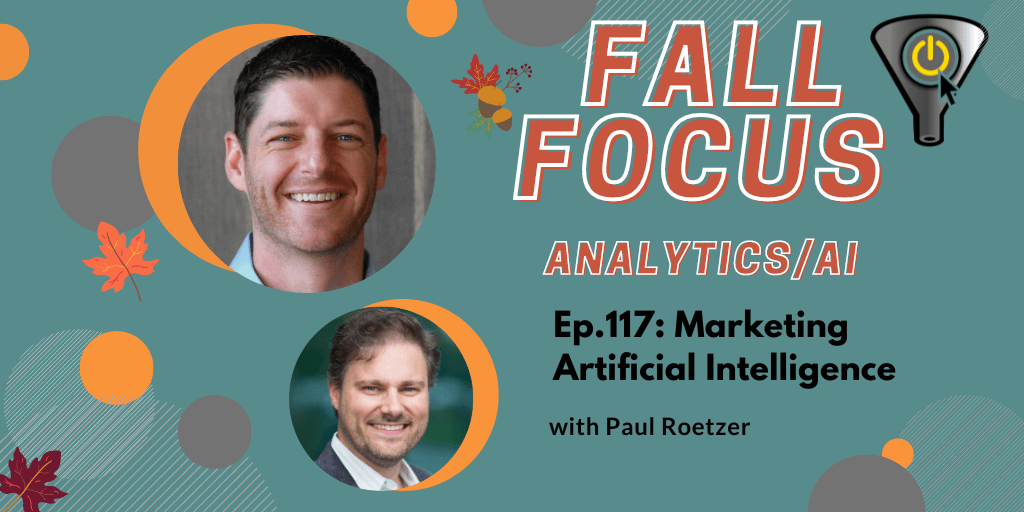No about analytics is complete without talking about how to visualize data. A picture’s worth a thousand words, right? In the past, when data was in a spreadsheet, it only took hitting that ‘chart’ button to render some numbers visually. But for many of us, this experience has moved to a browser where we build our own report, either in an interface like GA or in a standalone visualization tool.
I’m talking with someone who’s really good at a visualization tool, but came by his power-user status in a roundabout way. My guest was born and raised in Hawaii. After he got his Marketing degree, he worked at an ad agency where he did everything from videography to FB and G-ads writing. That, and also building a few websites, stoked his curiosity for how the tagging and the analytics behind all these things worked. He didn’t just want to get at raw data, he wanted actionable data. He felt that to optimize his marketing, if he only knew how to present visitor behaviour data visually, the answer would be apparent – even obvious.
He went down YouTube rabbit holes, asked around at conferences, and eventually landed on the beta of Google Data Studio, now called Looker Studio. And that’s the Data Visualization tool we’re talking about with JJ Reynolds, who joins us from Reno NV.
People/Products/Concepts Mentioned in Show
- JJ’s agency, Mediauthentic
- JJ’s LookerStudio.VIP
- JJ’s cohort group, BetterThanData
- Google Looker Studio
- Criteo
- NextRoll (formerly AdRoll)
You may want to check out these related episodes:

